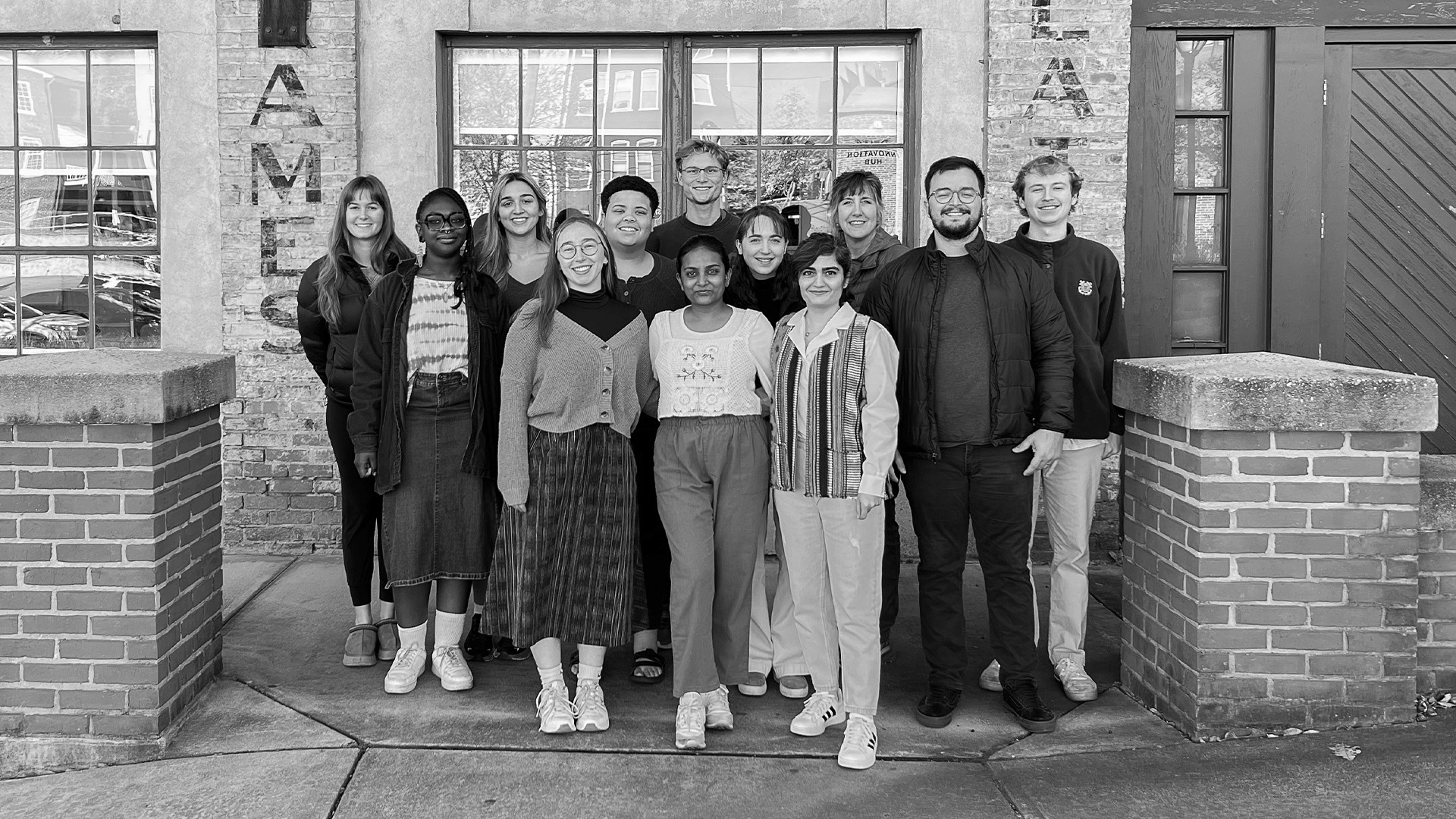Stephen Ramos, an associate professor at the University of Georgia College of Environment and Design, works to enhance student learning through class projects that promote community engagement.
Recently, Ramos and his class, “Ideas of Community and Place,” collaborated with assistant professor Jermaine Durham from the UGA College of Family and Consumer Sciences. Together, they worked to assess planning issues related to housing development in Gwinnett County, Georgia.
Ramos’ class, which consists of students from a variety of undergraduate and graduate backgrounds, partnered with Durham once before in 2022. The partnership was a success and resulted in Baldwin County receiving a 4.9-million-dollar grant to be used for community improvements.
The recent partnership in Gwinnett County was supported by the Georgia Initiative for Community Housing (GICH), which is currently spearheaded by Durham. Launched in 2004, GICH helps Georgia communities improve their quality of life and economic vitality.
A large part of the recent partnership involved students completing research using the Asset Based Community Development (ABCD) methodology, which identifies community assets that can be used to enhance community life.
“The ABCD method isn’t denying the importance of deficiencies within communities,” said Ramos. “Rather, it’s trying to first recognize what assets are available in a community so that when recommendations are made and resources are found, they are understood within a context of possibility.”
That is, the methodology provides a way to utilize a community’s strengths to promote sustainable development.
“This project encouraged me to learn the economic side of planning and the barriers and strengths that come with it,” said Master of Urban Planning and Design student Jill Reale. “Dr. Ramos did a great job guiding us through the project.”
As part of the project, Reale and classmates conducted research, site visits, data collection and community outreach. The research process helped students recognize common themes that impact a community’s well-being such as housing development, community health, environmental health and education.
“Metro Atlanta is an incredible resource for understanding the challenges of planning in the 21st century, perhaps more so than any other city in the country,” said Ramos. “Introducing students to metropolitan experiences that they will face in their future careers is really important.”
View the full Gwinnett County GICH Report via the link:
https://esploro.libs.uga.edu/esploro/outputs/9949605322402959

